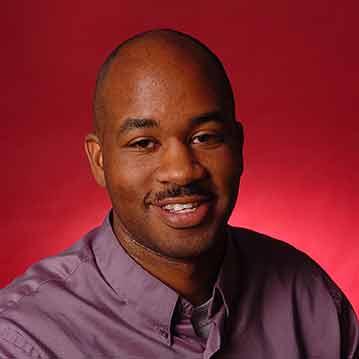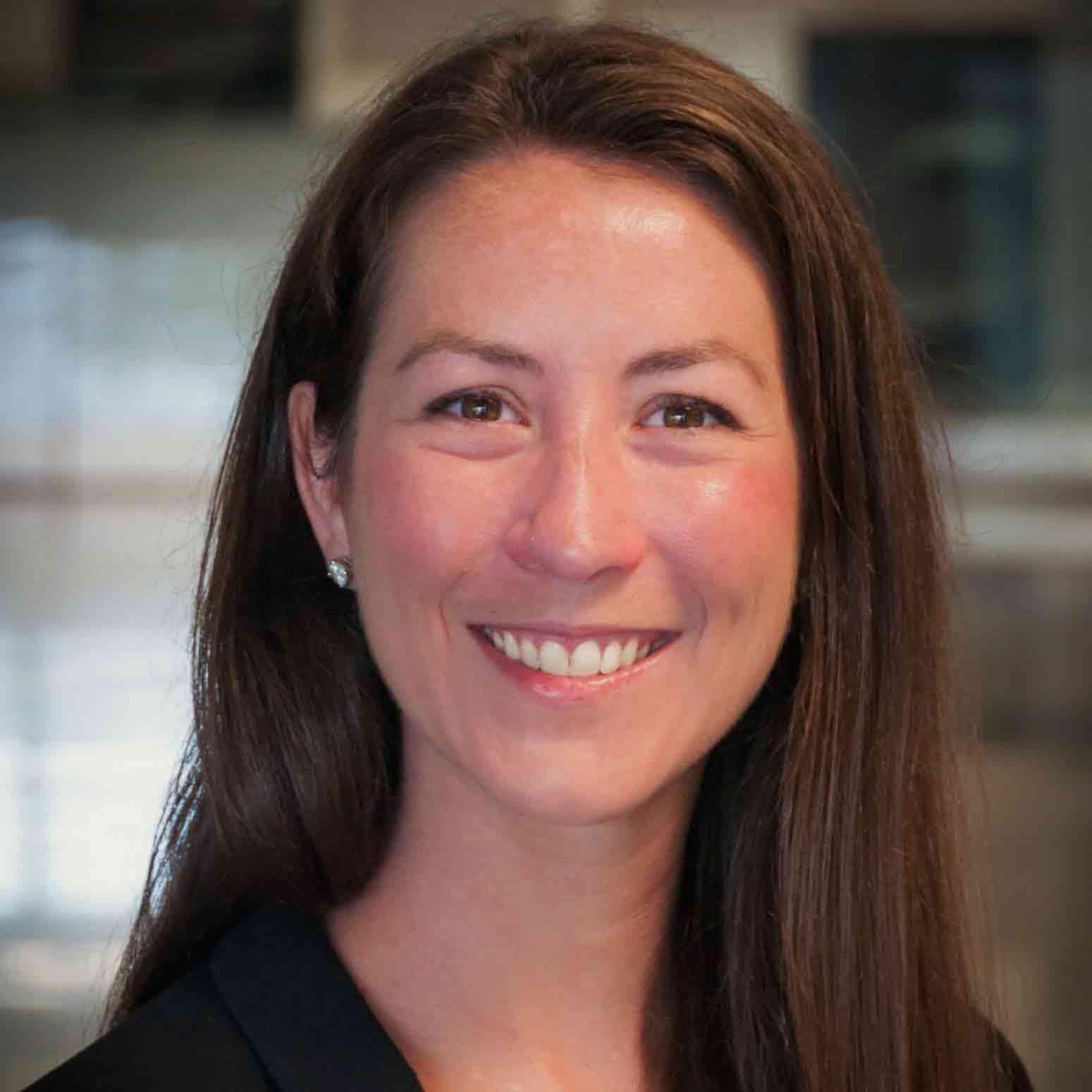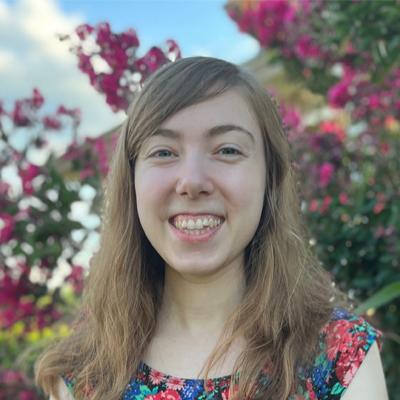Arts
Examining the role of The Arts as a catalyst for healing, transformation and action
Introduction
The practice of Art—in its infinite forms, functions and implications—is the most accessible and universal way of constructing meaning out of the world we inhabit.
Our Philosophy: The Arts are not just for experts. They are not solely for the enjoyment of the elite. They are not a superfluous extravagance. The Arts are for us all, expert and novice alike. They are not just an end in and of themselves, but a means. They shape, and are shaped by the world we inhabit.
Students in the Arts Scholars program gain a deeper understanding of the impact of art as a means to explore society and culture against the backdrop of our individual differences and shared experiences.
What you can expect: No matter your major, area of artistic interest, or skill level, as a member of our community, you will be challenged to strengthen your personal artistic skill set, experiment with new and different art forms, and gain a deeper understanding of the value of the arts in our personal and collective lives. We will investigate the power of the arts to:
- Communicate difficult concepts
- Advocate for social change
- Investigate the human experience
- Explore our own identities
- Develop our capacities as creative problem solvers and critical thinkers
- Reinforce, but also upend existing systems of inequality and oppression
Colloquium and Lecture Topics
Through a mix of lectures, discussions, demonstrations, collaborative art-making and interactions with guest artists, students consider:
- What is art? What is “good” art? Understanding social definitions of art and their influence on our beliefs of what should or should not be considered art.
- What does research look like in The Arts? Exploring common methods of research aligned with professional artistic practice.
- How have The Arts legitimated and perpetuated systems of inequality across race, socio-economic status, gender, etc.? Conversely, how can we leverage The Arts to generate equity and belonging? How can The Arts reshape or recontextualize understanding of our (individual and societal) learned history, biases and beliefs?
- West African djembe: Exploring the role of music in community building, storytelling and cultural understanding.
I have been challenged to think differently, work cooperatively, embrace creativity and, most importantly, go beyond the limits I have set for myself. Because of this program, I can confidently say I feel infinitely more prepared for the “real world,” and for that confidence and growth, I could never be more grateful.
Other Learning Opportunities
A variety of learning opportunities supplements the Arts curriculum. As an Arts Scholar, you will be introduced to artists, professional ensembles and world-class institutions each semester, through workshops led by guest artists; attendance at live performances in Washington, DC, New York City and on campus; and visits to the Smithsonian's renowned art and history museums.
In addition, you will get a chance to:
- Conceptualize, execute and present a capstone project of your choosing during your second year;
- Participate in service-learning with local schools and arts nonprofit organizations; and
- Cultivate valuable leadership and communication skills through peer mentoring and peer teaching opportunities.
Curriculum Overview
Over the two-year program experience (four semesters), students will complete up to 6 credits of supporting courses that will count toward your Arts Scholars citation. In most cases, these will also fulfill General Education requirements. Note that your Scholars courses—colloquiums, capstone practicum and supporting courses—will generally be in addition to any courses you take to satisfy major requirements.
The following represents a typical two-year curriculum, but individual schedules may vary. Details about courses and requirements can be found on the Arts Citation Checklist.
| SEMESTER | COURSE | CREDITS |
|---|---|---|
| Semester 1 | CPSA 100: Colloquium I | 1 credit |
| Semester 2 | CPSA 101: Colloquium II | 1 credit |
| Semester 3 | CPSA 200: Colloquium III | 1 credit |
| Semester 4 | CPSA 201: Colloquium IV | 1 credits |
| CPSA 240: Service Learning; or CPSA 250: Research (DSSP); or CPSA 260: Peer Teaching (DSSP) |
2 credits 2 credits 2 credits |
|
| Semester 1, 2, 3, or 4 | Supporting Course (var. Gen Ed) Supporting Course (var. Gen Ed) Supporting Course (DVUP or DVCC) |
3 credits 3 credits 3 credits |
Sponsoring College
Faculty



The Diamondback: UMD students' dance workshop highlights Japanese Butoh style, May 2022
Arts News
Scholars Citation Class of 2020 Recognized at Virtual Awards Ceremony
When the Scholars Citation Class of 2020 arrived at the University of Maryland in fall 2018, they were wide-eyed freshmen who took part in the usual rites of passage in Scholars: Service Day, excursions related to the annual theme, a kickball tournament the spring of their freshman year. And, while the 984 students’ second year in Scholars fell during the program’s 25th anniversary, “that year turned out to be anything but ordinary,” observes Scholars Executive Director Marilee Lindemann. In March of their second year, the UMD campus shut down in response to the COVID-19 pandemic and these students faced an abrupt pivot to remote learning.
Scholars Alums Honored at 2018 Citation Awards
More than a thousand College Park Scholars arrived on campus in fall 2016, the largest freshman class in Scholars history. This citation class went on to make an impact across the community, including raising a record-setting $19,315 for charities in the Scholars Cup competition. On Friday, Sept. 24, College Park Scholars celebrated this class with our annual Citation Awards Ceremony. The Scholars Citation Awards celebrates those select citation earners who have enriched the life of our community by putting Scholars values into action. Four students from each of the 12 programs were recognized with Outstanding Achievement and Outstanding Citizenship Awards (two for each category for each program).
‘Proud to be a Scholar’: Arts Alum Now Working as Healthcare Lobbyist
Looking back, Arts Scholars alumna Shannon Gahs says it’s interesting to see how Arts Scholars alumni have used their experience in the program to bridge into different areas. After graduating from the University of Maryland in 2006, Gahs attended the University of Baltimore School of Law. She is now working at Bayada Home Health Care advocating for policies that will benefit nurses and therapists. In August, she was promoted to director of government affairs. “I’m using the organizational and presentation skills [that I developed in Arts] to bring together grassroots support and build coalitions with other groups advocating for our patients and nursing staff,” Gahs said.
Berlin Scholarship Sends Scholar to Ireland for Creative Writing Immersion
As a former Arts Scholars and past winner of the Martha and Ira Berlin Legacy Fund Scholarship, senior Emily Tuttle’s Scholars experience is even more meaningful since her scholarship win. Earning the scholarship provided Tuttle with the opportunity to study abroad in Ireland in a creative writing immersion class through the Department of Arts and Humanities. “This award supports students who have a well-defined, innovative project, who are committed to Scholars and to learning from diversity, and who have financial need,” Scholars Executive Director Dr. Marilee Lindemann said.


